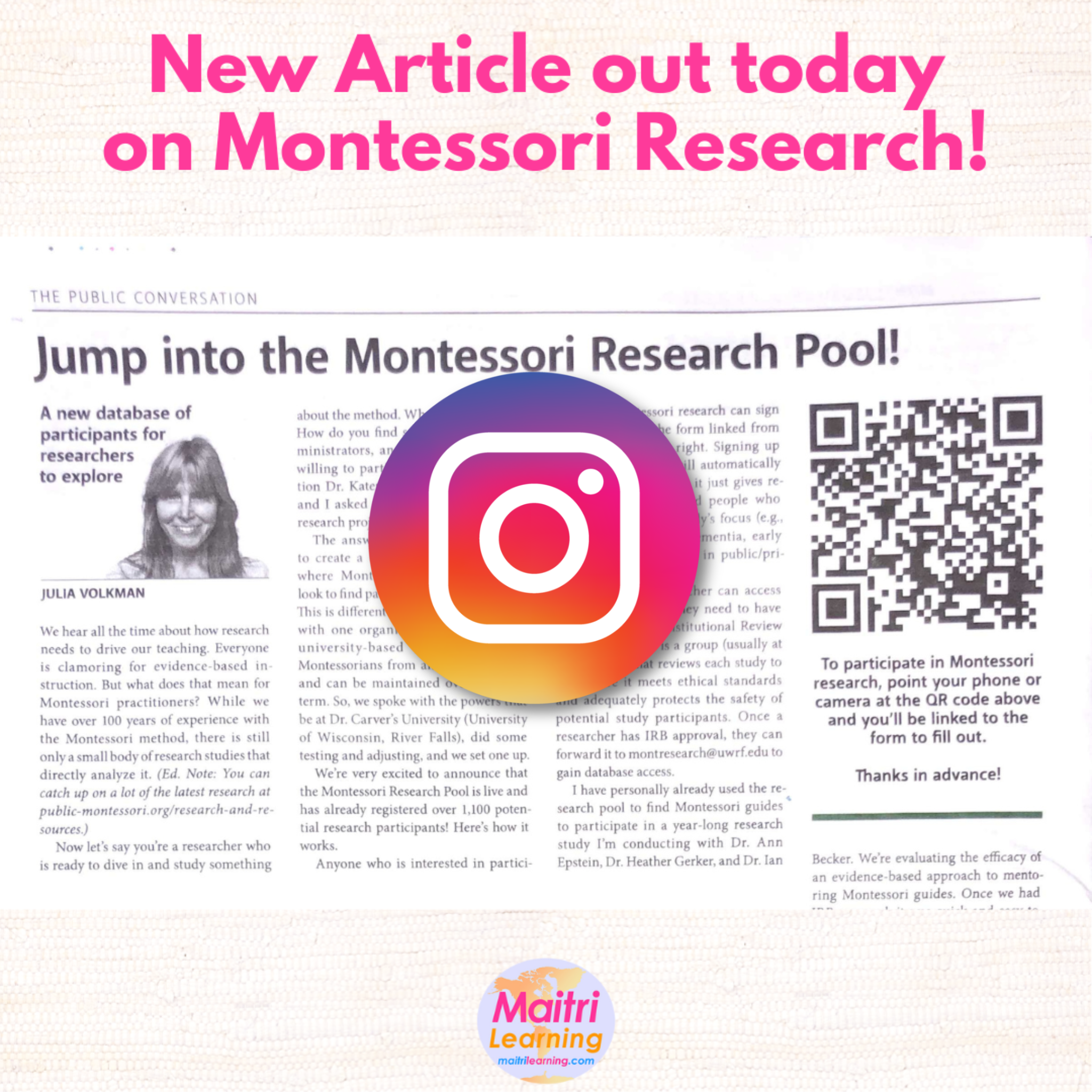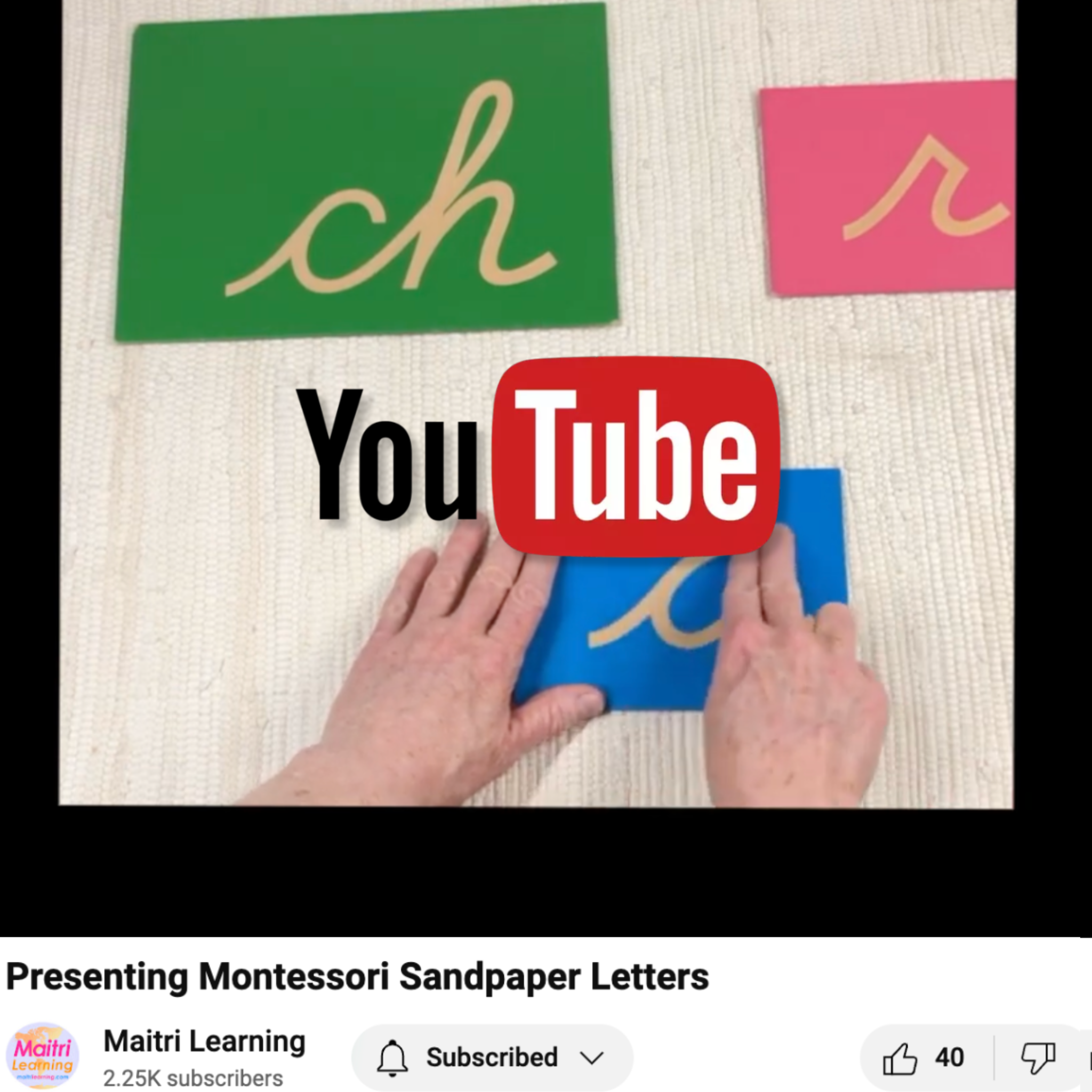Big Idea: The Absorbent Mind
Today people think of the Absorbent Mind as a quintessential Montessori term. But, it wasn’t until 1944, in the later years of her life, that Dr. Montessori coined the term the absorbent mind. This was after four decades of working with young children.
We often hear that children have minds like a sponge, they just absorb everything. Dr. Montessori’s definition is similar to that, but more precise and, yes, it is supported by research. Here's a very quick, high-level outline of the four key aspects of Dr. Montessori's Absorbent Mind (the video has a bit more detail).
- The absorbent mind is a unique phase of development that occurs from birth (actually prenatally) until around age six. (Remember, ages are always flexible when we're talking about children; not everyone is on the identical developmental timeline.)
- During this phase, children absorb all perceived aspects of the human environment without conscious effort. (So they have to notice it and then be able to process it/perceive it in order for absorption to occur.)
- The absorbed information physically transforms/is incarnated into the child’s physiology. (Think "experience-dependent plasticity.")
-
These physical transformations result in the formation of an individual that is adapted to the culture of their people, time, and place of birth (cultural adaptation/cultural neuroscience).
There is a research article in the works that will provide a more detailed look and review of the research that supports (or refutes) Dr. Montessori's theory. We'll post more on that once it is available so stay tuned!









Leave a comment
This site is protected by hCaptcha and the hCaptcha Privacy Policy and Terms of Service apply.